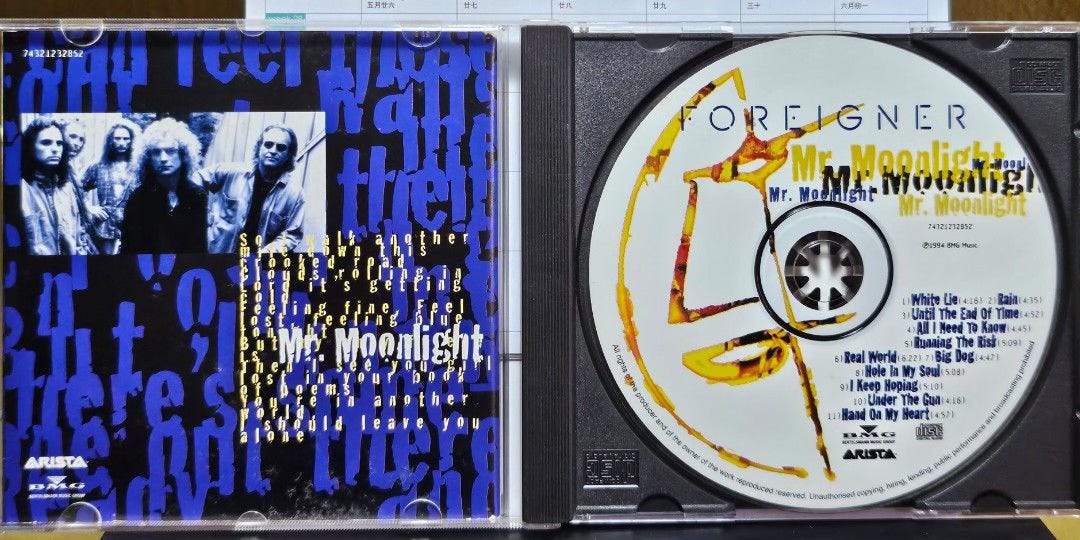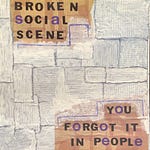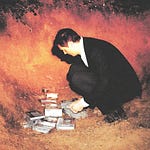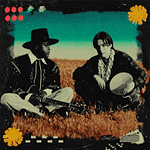By the time grunge tore through the Sunset Strip like a wrecking ball, many classic rock acts found themselves stranded, uncertain where their place in the new world order might be. Foreigner—the arena rock behemoths who racked up platinum albums like they were stocking up on batteries for a Y2K scare—faced that very reckoning.
From Hit Machines to Missing in Action
Foreigner's rise was meteoric: their first four albums released between 1977 and 1981 sold over 20 million copies combined. Think about that. Four records in five years, all multi-platinum, filled with now-iconic singles like "Feels Like the First Time," "Cold As Ice," and "Juke Box Hero."
But by 1991, Lou Gramm was out and Johnny Edwards was in. The album Unusual Heat arrived with a whimper, charting at #117. If you blinked, you missed it. And even if you didn’t blink, you probably still missed it because the media landscape had shifted entirely. MTV, radio, and labels were obsessed with the youthquake of alternative rock. Foreigner? They were seen as leftovers from a different feast.
The Sound of Struggle
Unusual Heat was a hard pivot into a tougher sound, but it lacked the hooks and chemistry that defined the band’s peak. Johnny Edwards, despite his pedigree (Montrose, King Kobra), couldn’t fill Lou Gramm's shoes—not because of talent, but because the identity of Foreigner had been too closely tied to Gramm's soulful, urgent delivery.
When Gramm returned in 1994 for Mr. Moonlight, the spark was gone. The album slid even further, peaking at #136. It wasn’t just changing tastes; it was the band’s inability to evolve meaningfully without sounding like a relic.
Anatomy of a Greatest Hits Juggernaut
Ironically, while their new work floundered, Foreigner's back catalog thrived. Their Complete Greatest Hits (2002) is a masterclass in AOR songwriting. It’s packed with so many radio staples that even those who never owned a Foreigner album probably know 17 of the 20 tracks.
And that's the double-edged sword: a band so defined by its past success that the future was always a pale imitation. Their legacy became both a shadow and a spotlight—reminding fans of their undeniable magic while setting a high bar that any band would struggle to reach.
Reinvention, Replacements, and Walmart
Post-Gramm, Foreigner turned into a revolving door. Kelly Hansen (ex-Hurricane) stepped in, Jeff Pilson (ex-Dokken) held down the low end, and Jason Bonham even drummed for a spell. In 2009, the band released Can’t Slow Down, a Walmart-exclusive album co-produced by Mick Jones' stepson, Mark Ronson. Yes, that Mark Ronson.
And guess what? It sold half a million copies. Thanks, toothpaste aisle.
So Did They Survive?
If survival means still playing shows in 2025, then yes, Foreigner survived. But artistically? That's where things get complicated. Some argue they adapted—briefly, awkwardly—but never thrived. The '90s were less a renaissance and more an epilogue.
But what do you think? Did Foreigner thrive, adapt, or die creatively in the 1990s?
To find out where they landed in our final verdict, and hear how the full story unfolded—from arena glory to Walmart bins—listen to the full episode now. Your take might just change by the time it ends.
Songs in this Episode
Intro - Feels Like The First Time
30:29 - Headknocker
34:03 - Blue Morning, Blue Day
47:29 - Double Vision
50:52 - Moment of Truth
56:34 - Lowdown and Dirty
1:10:54 - Big Dog
1:19:35 - White Lie
Outro - Juke Box Hero

















